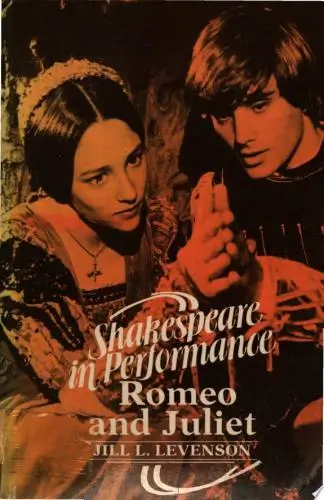Romeo and Juliet
What's it about?
Romeo and Juliet by Jill L. Levenson offers a fresh perspective on Shakespeare's timeless tragedy. As you delve into the story, you'll discover the complexities of love and conflict, exploring how societal pressures shape relationships. This adaptation highlights the importance of communication and understanding in overcoming obstacles. You'll find valuable insights on the consequences of feuding and the power of love to transcend boundaries. Engaging with the text will prompt you to reflect on your own experiences and relationships, making it a meaningful read.
About the Author
Jill L. Levenson is a scholar and editor known for her expertise in Shakespearean studies. Her work includes editing the "Romeo and Juliet" edition for the Oxford Shakespeare series. Levenson's writing is characterized by meticulous textual analysis and an insightful exploration of Elizabethan cultural contexts, contributing significantly to literary scholarship.
5 Key Ideas of Romeo and Juliet
The Power of Love Versus Social Expectation
When love challenges societal norms, it forces us to evaluate our values and choose authenticity over conformity.
Imagine being swept off your feet by someone your friends and family disapprove of—like a modern-day Romeo and Juliet story. When we follow our heart despite societal opposition, it creates a compelling narrative of true commitment.
- Love as a Form of Rebellion: Romeo and Juliet’s relationship defies family expectations, challenging the audience to consider how love can confront and transform social norms.
- Authenticity Over Acceptance: Their tragic end teaches us about the cost of suppressing genuine emotion for the sake of complying with external pressures.
- Questioning the Status Quo: The lovers inspire an examination of how entrenched social dynamics can blind us to individual happiness.
Reflect on a relationship or situation where societal expectations limit your actions—what one step can you take to honor your authentic self today?
Avoid assuming that defying societal norms will automatically lead to happiness. Instead, weigh the impact on your well-being and authenticity.
Impulsiveness: A Double-Edged Sword
Impulsive actions can drive dramatic change, but unchecked impulsivity often leads to unintended consequences.
Remember the last time you made a split-second decision that led to unexpected results? Romeo and Juliet teaches us that acting on impulse without foresight can turn passion into tragedy.
- The Potency of Passion: Romeo and Juliet's swift romance illustrates the beauty of being passionately driven—but also the peril of reckless, unchecked decisions.
- Consequences of Hasty Choices: The play highlights how impulsive actions, such as hurried marriage and violent retaliation, lead to devastating outcomes.
- Balancing Heart and Mind: While emotion drives action, the play suggests the need for tempering impulse with a measure of prudence.
Before making a significant decision, take a 'pause moment': stop, breathe, and list both immediate desires and potential long-term impacts.
Don't let 'analysis paralysis' freeze you into inaction. Instead, aim for a thoughtful balance—act with intention.
The Fragility of Youthful Idealism
Embrace youthful idealism as a powerful force for change, but recognize its fragility in the face of harsh realities.
Think of the idealistic dreams you held as a teenager. Romeo and Juliet's intense, youthful love shines brightly but breaks upon the weight of entrenched family feuds.
- Youth as a Catalyst: The optimistic defiance embodied by the young lovers challenges regressive norms, showcasing the power of youthful vision.
- Idealism vs. Reality: The tragic end exemplifies how idealistic dreams often meet reality's hard truths—and why flexibility is essential.
- Sustaining Hopeful Vision: The play encourages nurturing idealism while preparing for compromise and adaptation.
Revisit a youthful passion or ideal you've shelved—what is one practical step you can take to re-engage with it today?
Avoid disillusionment by stubbornly clinging to ideals without adapting to the environment. Stay agile.
Deeper knowledge. Personal growth. Unlocked.
Unlock this book's key ideas and 15M+ more. Learn with quick, impactful summaries.
Read Full SummarySign up and read for free!
Romeo and Juliet Summary: Common Questions
“To love, to hope, to dare—this is the essence of our shared fate.”
I just finished reading Romeo and Juliet by Jill L. Levenson, a reimagining of the classic tale that dives deeper into the characters' motivations and emotional struggles. The author does a fantastic job of fleshing out Juliet's internal conflict and Romeo's intense passion, amplifying the stakes of their fateful love. Moments where their thoughts intersect with the haunting knowledge of their families’ feud had me on the edge of my seat, leaving me both thrilled and heartbroken.
However, there were points in the narrative that felt a bit rushed, especially in the climax where certain decisions seemed somewhat unexplained. For instance, the speed at which they both commit to their drastic choices left me scratching my head—a deviation from the careful building of tension earlier in the story. Comparatively, if you enjoyed The Fault in Our Stars or Eleanor & Park, you might find this take on a timeless story equally compelling.
Overall, Levenson's vibrant prose and revised perspective make this version of Romeo and Juliet a must-read for fans of romantic tragedies. If you're searching for something that combines classic literature with fresh insights and emotional depth, I wholeheartedly recommend it!
Experience Personalized Book Summaries, Today!
Discover a new way to gain knowledge, and save time.
Sign up for our 7-day trial now.
No Credit Card Needed

Similar Books

My Oxford Year
Julia Whelan
Three Comrades
Erich Maria Remarque
Sexual Intelligence
Marty Klein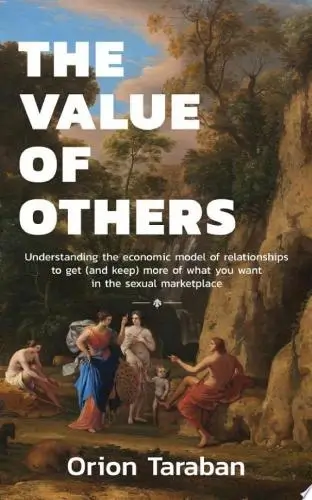
The Value of Others
Orion Taraban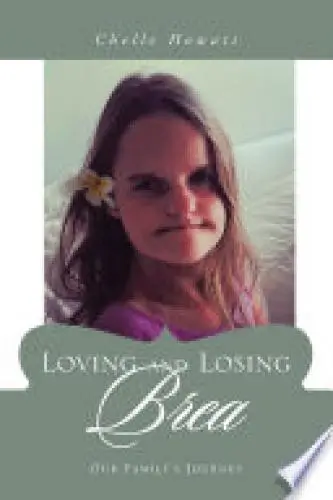
Loving and Losing Brea
Chelle Howatt
50 Things Every Young Lady Should Know
Kay West
Wicked and Worshipped
Shayla Black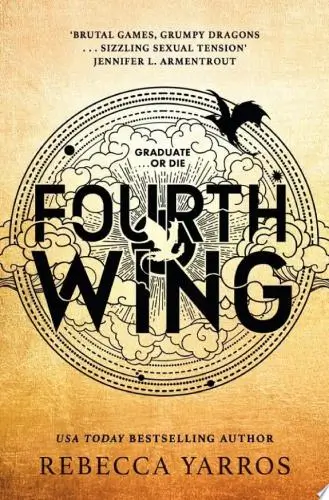
Fourth Wing
Rebecca Yarros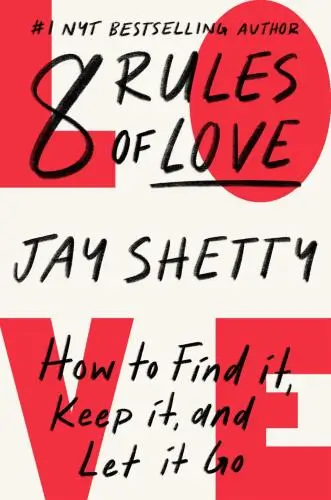
8 Rules of Love
Jay Shetty
The Perfect Couple
Valerie HansenTrending Summaries

Peak
Anders Ericsson
Never Split the Difference
Chris Voss
Smart Brevity
Jim VandeHei
The Psychology of Money
Morgan Housel
The First 90 Days
Michael D. Watkins
Atomic Habits
James Clear
Thinking, Fast and Slow
Daniel Kahneman
The Body Keeps the Score
Bessel van der Kolk M.D.
The Power of Regret
Daniel H. Pink
The Compound Effect
Darren HardyNew Books

Forex Trading QuickStart Guide
Troy Noonan
Comprehensive Casebook of Cognitive Therapy
Frank M. Dattilio
The White Night of St. Petersburg
Michel (Prince of Greece)
Demystifying Climate Models
Andrew Gettelman
The Hobbit
J.R.R. Tolkien
The Decision Book
Mikael Krogerus
The Decision Book: 50 Models for Strategic Thinking
Mikael Krogerus
Fichte
Johann Gottlieb Fichte
Do No Harm
Henry Marsh
